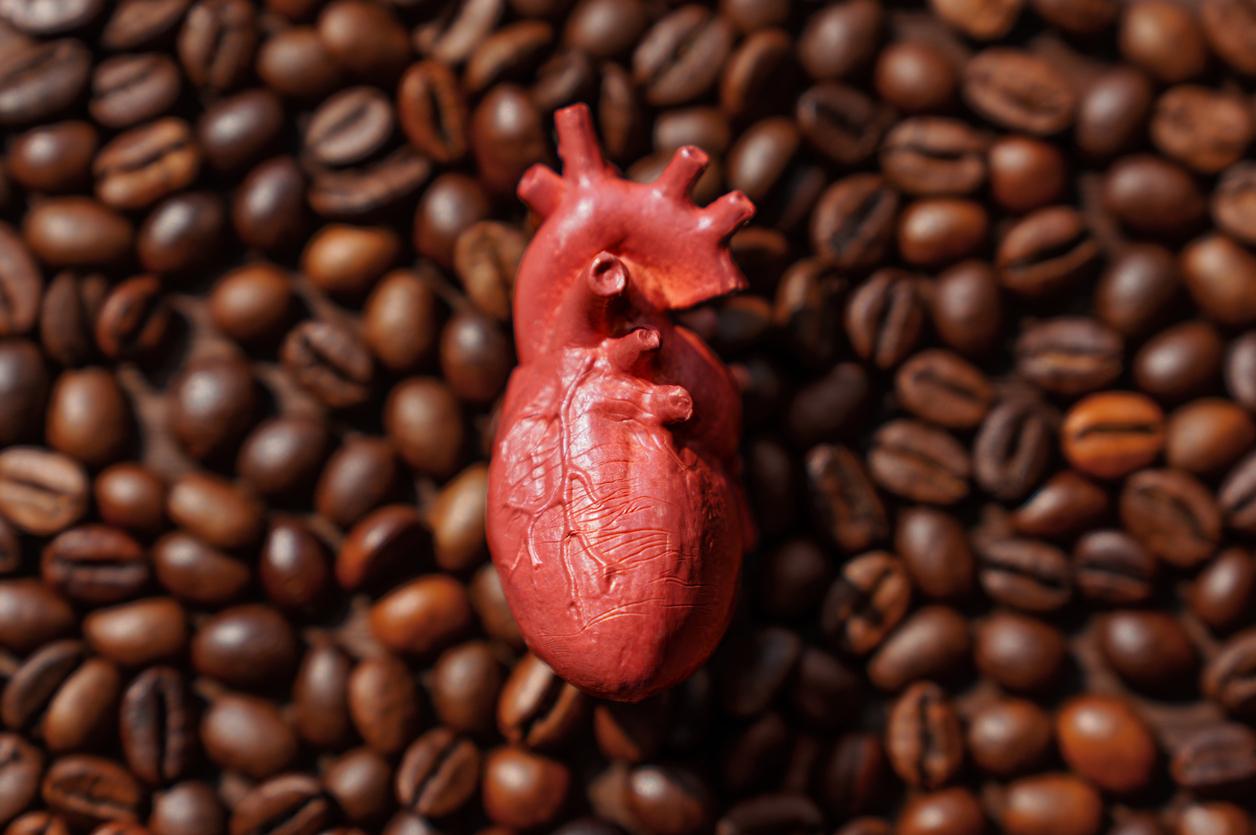ANSES warns against p-synephrine, a substance used in slimming food supplements. It recommends not to exceed 20 mg / day and advises against it for certain populations at risk.

Food supplements are numerous and have been very successful in recent years, especially those promoting weight loss.
In a recent opinion, the national agency for food, environmental and occupational health safety (ANSES) published recommendations concerning those based on para-synephrine or p-synephrine, sold with the aim of promoting reduction of fat mass. P-Synephrine is found in many citrus fruits including bitter orange peel and other Citrus species (orange, lemon, tangerine). It is therefore not harmful in itself for health.
“The vast majority (95%) of people who consume citrus fruits in their daily diet reach a dose of p-synephrine not exceeding 20 mg / day”, specifies Irene Margaritis, professor and head of the unit of assessment of nutrition-related risks within ANSES.
A dose problem
The risks associated with food supplements come from the fact that we absorb in one go much more than any diet. “The problem is the dose,” said Professor Irène Margaritis.
Food supplements based on extracts of citrus spp having been the subject of declarations of cardiovascular effects in nutrivigilance provided between 1 and 72 mg of p-synephrine per day, at the doses recommended by the manufacturer, and all contain caffeine . “P-synephrine and caffeine have a cumulative or even multiplying effect”, underlines Irène Margaritis.
Do not exceed 20 mg / day
ANSES has received 18 reports of adverse reactions likely to be linked to the consumption of food supplements containing p-synephrine, since the creation of its nutrivigilance system in 2009.
Among the 13 very likely or possible cases of imputability are cardiovascular effects, hepatic damage, hyperphosphatemia and neurological damage.
ANSES therefore recommends not to exceed the dose of 20 mg per day, and therefore not to consume food supplements which lead to a daily intake above this benchmark.
Completely not recommended for hypertensive people, pregnant women …
The agent also strongly advises against the consumption of p-synephrine for populations at increased risk of side effects, such as people under special treatment for hypertension, heart disease or depression. Pregnant or breastfeeding women, children or adolescents are also affected by this warning.
ANSES also advises against the use of products containing p-synephrine during physical activity because of possible effects on the blood pressure profile, which could increase the cardiovascular risk in overweight or obese people.
This is not the first time that the dangerousness of food supplements has been pointed out. In January 2014, food supplements used for muscle building and weight loss were warned, accused of being the cause of acute hepatitis. These supplements must therefore be used with caution.
.

















